Interview
Interview3. Fuji Electric's “Remote Self-Consumption of energy”: Helping Companies Strive for Carbon Neutrality
Source: Nikkan Kogyo Shimbun Online
From March 28, 2022 to April 10, 2022
Fuji Electric is proud to offer customers “private renewable energy power plants” to achieve carbon neutrality (net-zero emissions of greenhouse gases). The world is shifting away from previous low-carbon approaches toward complete decarbonization. In this context, the Japanese government has declared that it will aim for a 46% reduction in greenhouse gas emissions by FY2030 (compared to the FY2013 level) and carbon neutrality by 2050. Meanwhile, many manufacturers, including Fuji Electric, are changing their environmental targets and aiming for carbon neutrality throughout their supply chains by 2050. However, achieving such a major goal will require approaches unlike any taken before.
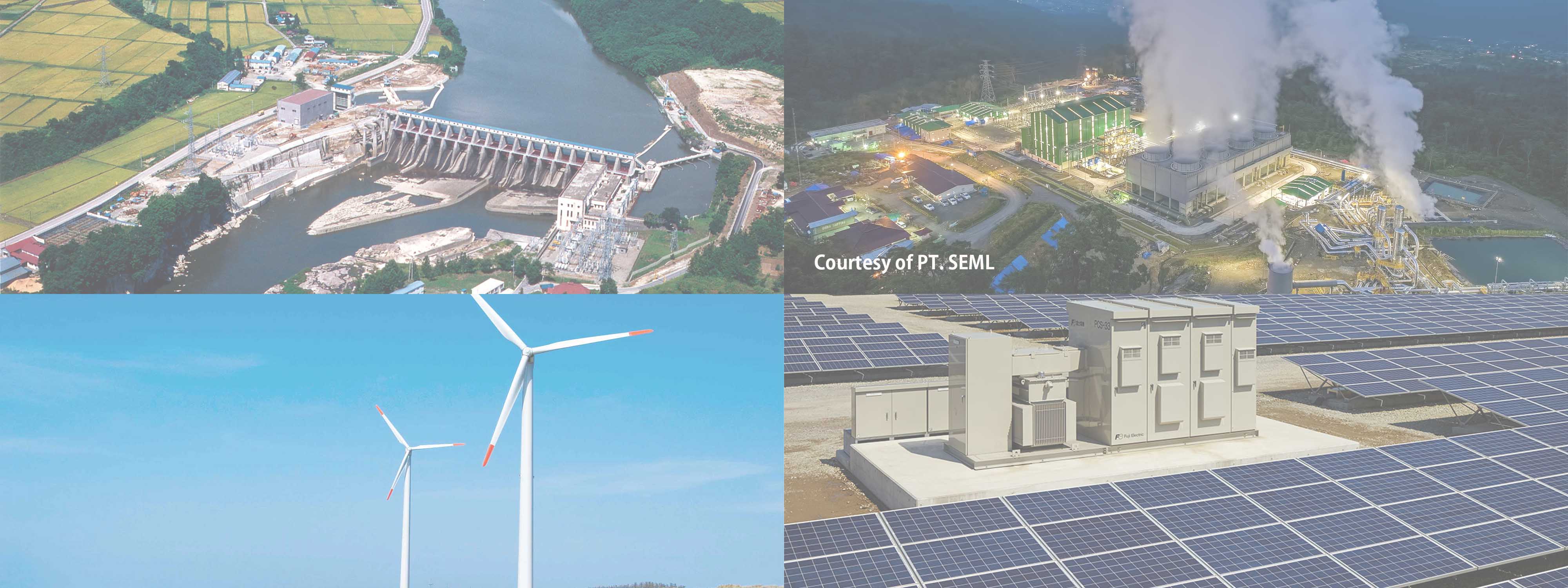
Remote self-consumption of energy generated by private renewable energy power plants
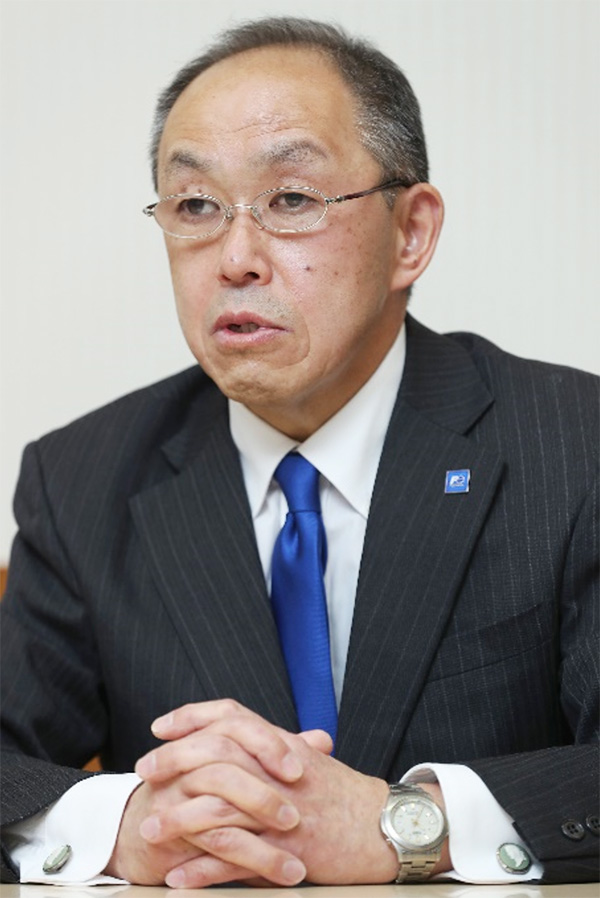
Senior Chief Expert, Sales Section II, Business Development Department, Energy Solutions Division, Power Electronics Sales Group
The concept behind Fuji Electric's private renewable energy power plant is in-house power generation only from renewable energy sources, such as large-scale solar power plants (mega-solar), that customers own and operate at their own factories and buildings. Mr. Yutaka Fueki, Senior Chief Expert, Sales Section II, Business Development Department, Energy Solutions Division, Power Electronics Sales Group, explains the latest trend like this: “Simply laying solar panels on a factory’s premises is not enough to achieve carbon neutrality. The big thing now is to employ ‘remote self-consumption,’ which involves owning one’s own renewable energy power plant at a remote location.”
In addition, energy-intensive industries are facing intensifying demand from the standpoint of ESG (environmental, social, and governance) investment, which has been attracting attention in recent years. Mr. Fueki senses a change in the industrial world: “It is not enough to simply buy renewable energy from renewable energy feed-in tariff (FIT) schemes. More and more stakeholders are showing appreciation when companies engage in self-consumption by taking the initiative to make investments and build renewable energy power plants.”
Providing diverse forms of clean energy in one integrated package
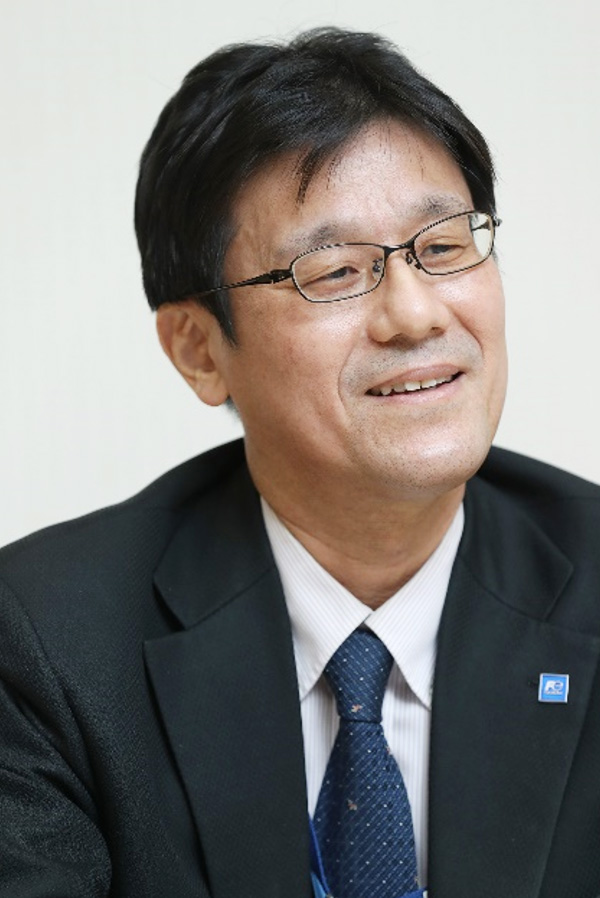
Senior Manager, Overseas Power Generation Project Department, Business Development Division, Power Generation Business Group
Because Fuji Electric is involved in a wide range of energy-related products, this change could present a major business opportunity. One specific example is providing a full range of equipment and systems for the supply of electricity from the renewable energy power plants installed off-site to factories. Other examples include minimizing imbalances that come from differences between electricity supply and demand, proposing implementation systems, and assisting in coordination with power companies.
Fuji Electric is also strong in areas of generation of renewable energy other than solar power. Mr. Takashi Ioka, Senior Manager, Overseas Power Generation Project Department, Business Development Division, Power Generation Business Group, is trying to come up with an idea for reaching carbon neutrality. He says, “There are places where the sun does not shine. So if a place is windy, wind power generation could be more effective there. In this way, local governments are studying ways of achieving ‘local production for local consumption’ of renewable energy.”
With the third-largest geothermal potential in the world, Japan is a geothermal powerhouse. Fuji Electric is the leader in this field, capturing approximately 40% of the world’s market share in terms of deliveries since 2000. Its track record is impressive: It has installed a cumulative total of 86 units that produce 3,647 megawatts worldwide. Mr. Ioka talks about growing possibilities that are arising from the introduction of renewable energy technologies that are optimally suited to particular sites: “Although geothermal power generation has traditionally been a difficult resource to develop, the government has relaxed regulations in the industry with an eye to carbon neutrality. Hydroelectric power output can also be raised by several percent by updating aging facilities.”
Outstanding ability to offer proposals based on extensive delivery performance and experience
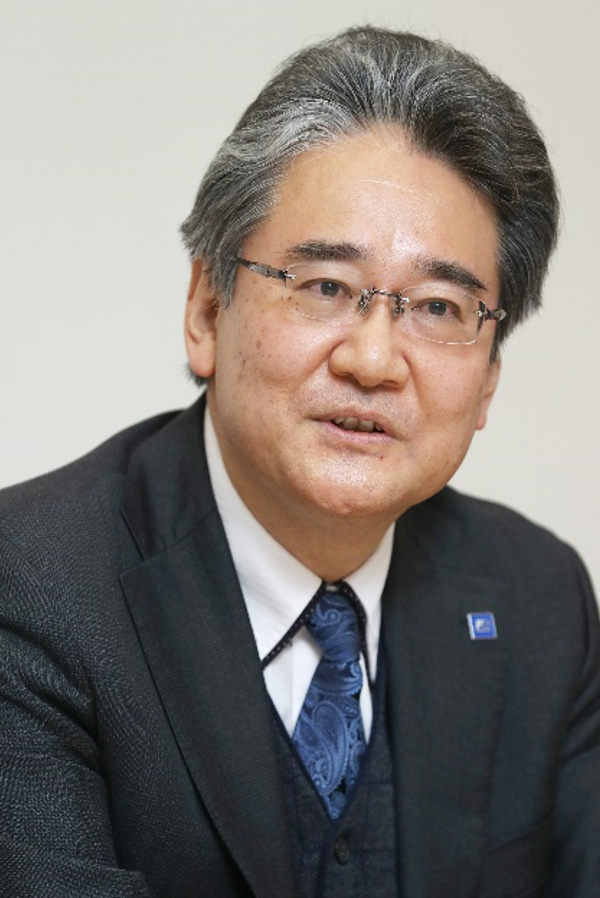
Senior Manager, Innovation & Co-creation Department, Technology Strategy and Planning Office, Corporate R&D Headquarters
Hydrogen is a next-generation energy source and another key to carbon neutrality. Mr. Yasuhiro Okuma, Senior Manager, Innovation & Co-creation Department, Technology Strategy and Planning Office, Corporate R&D Headquarters, is gazing the move. He says, “We believe it is important to determine how the hydrogen supply chain will develop and when and how hydrogen will be used in the world. We are gathering information by joining the Japan Hydrogen Association and other relevant organizations. And we are keeping an eye on what is happening in the world while responding to advancements in research and development.”
Fuji Electric is already developing hydrogen fuel cells and power supply units for hydrogen-producing electrolytic devices as actual businesses. Hydrogen production requires a DC power supply, and power supply units must meet important requirements in such areas as harmonic suppression, control responsiveness, and cost. One of Fuji Electric’s strengths is its ability to offer optimal systems that provide the output specifications and capacities customers demand by leveraging its accumulated delivery track record and experience in the field of large-capacity DC power supplies for industrial use.
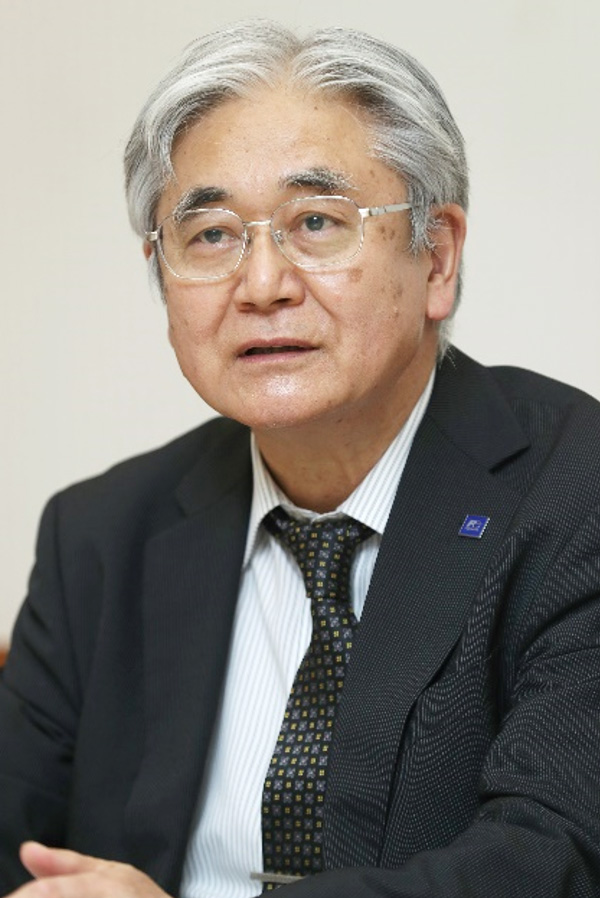
Senior Chief Expert, Power Generation Business Group
However, many issues must be addressed before hydrogen can be put to effective use in society. Mr. Masahiro Shirakawa, Senior Chief Expert, Power Generation Business Group, says, “Hydrogen energy will not become widespread unless dynamic infrastructure is built. Various manufacturers are currently in the process of developing such infrastructure at the demonstration level. So, although the future is still difficult to read, we will almost certainly have opportunities to contribute to carbon neutrality in the plant field while applying our strengths in power supplies and other areas of power electronics.” Thus, Fuji Electric is making steady preparations for the coming “hydrogen society.”
The new trend toward decarbonization could have come as an unwelcome development for Fuji Electric, which is also a player in thermal power generation-related businesses. However, Mr. Fueki says, “After considering our business environment, we concluded that there are more opportunities than risks. There is growing momentum in our company toward providing our products by skillfully harnessing those opportunities.” This demonstrates how Fuji Electric is united in its desire to help realize a carbon-neutral society.
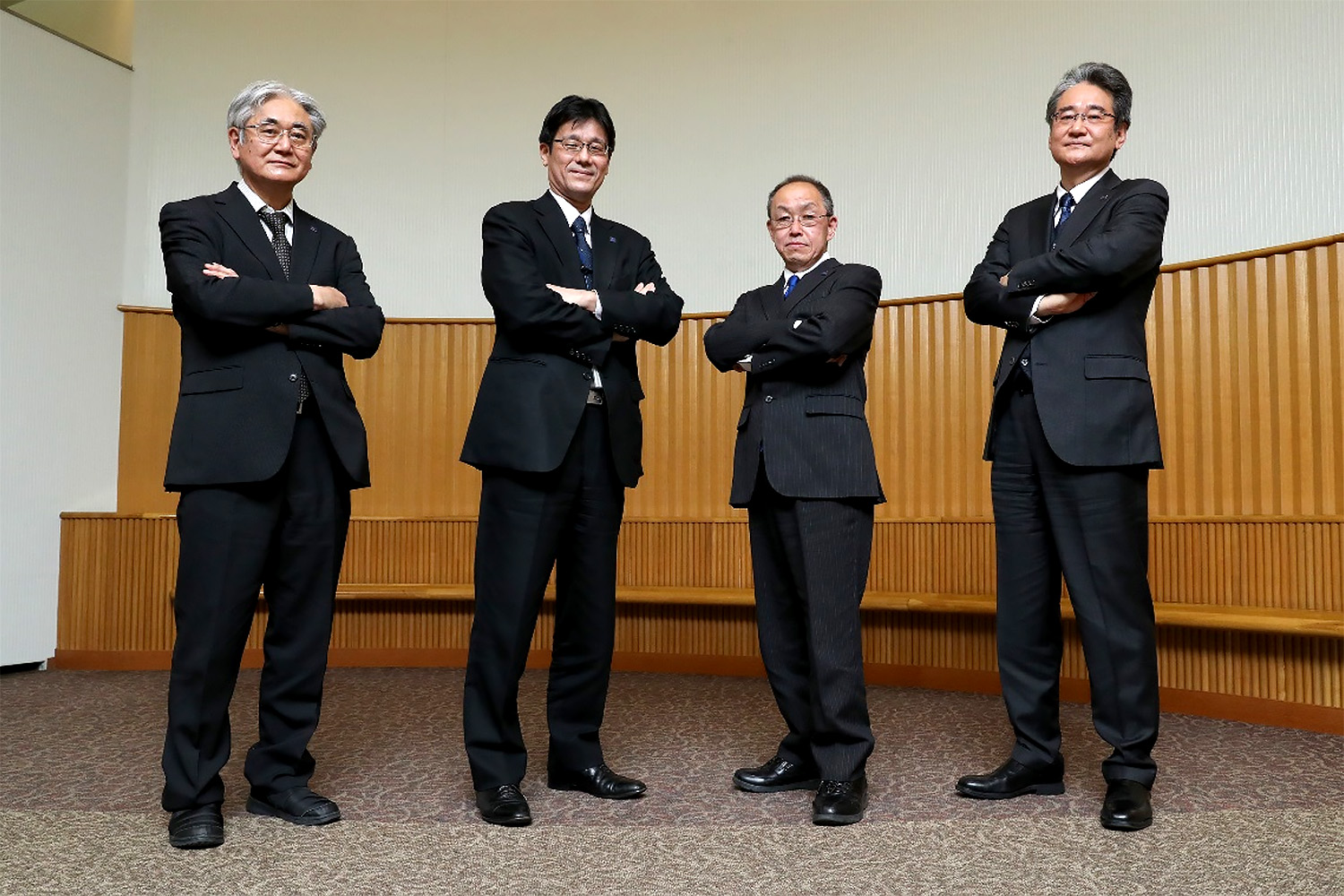
-
*
-
Reporting for this article was conducted with precautions taken against COVID-19 infection, including wearing masks except during photography.
Contributing to SDGs
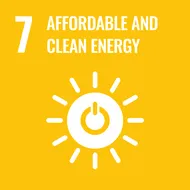

Fuji Electric comprehensively provides products from private renewable energy power plants to equipment and systems for feeding power to factories, helping customers achieve carbon neutrality.
Recommended
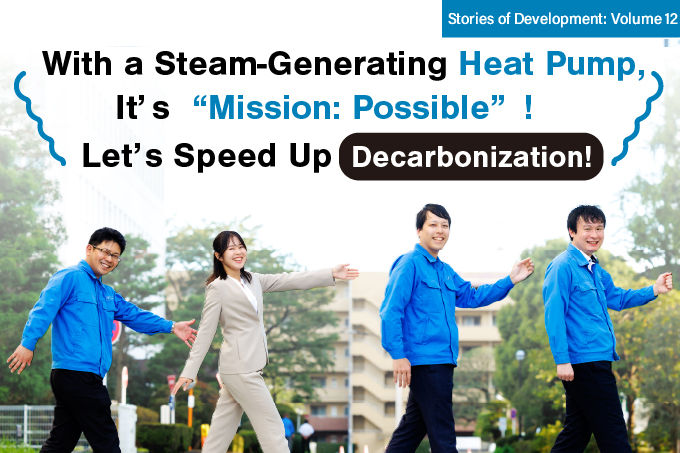
March 11,2025
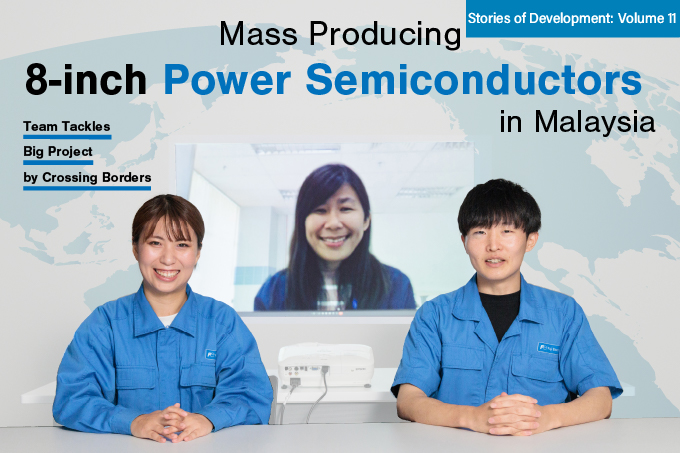
March 10,2025
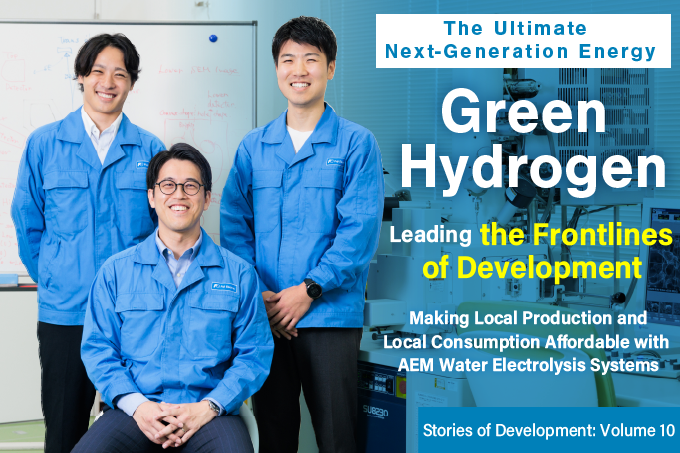
March 5,2025
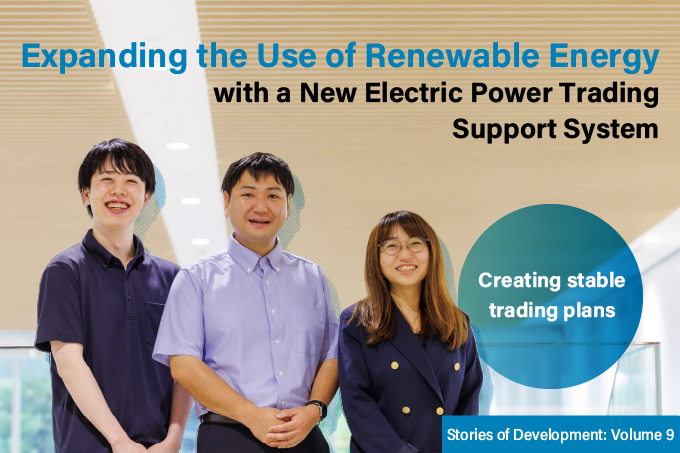
December 19,2024
